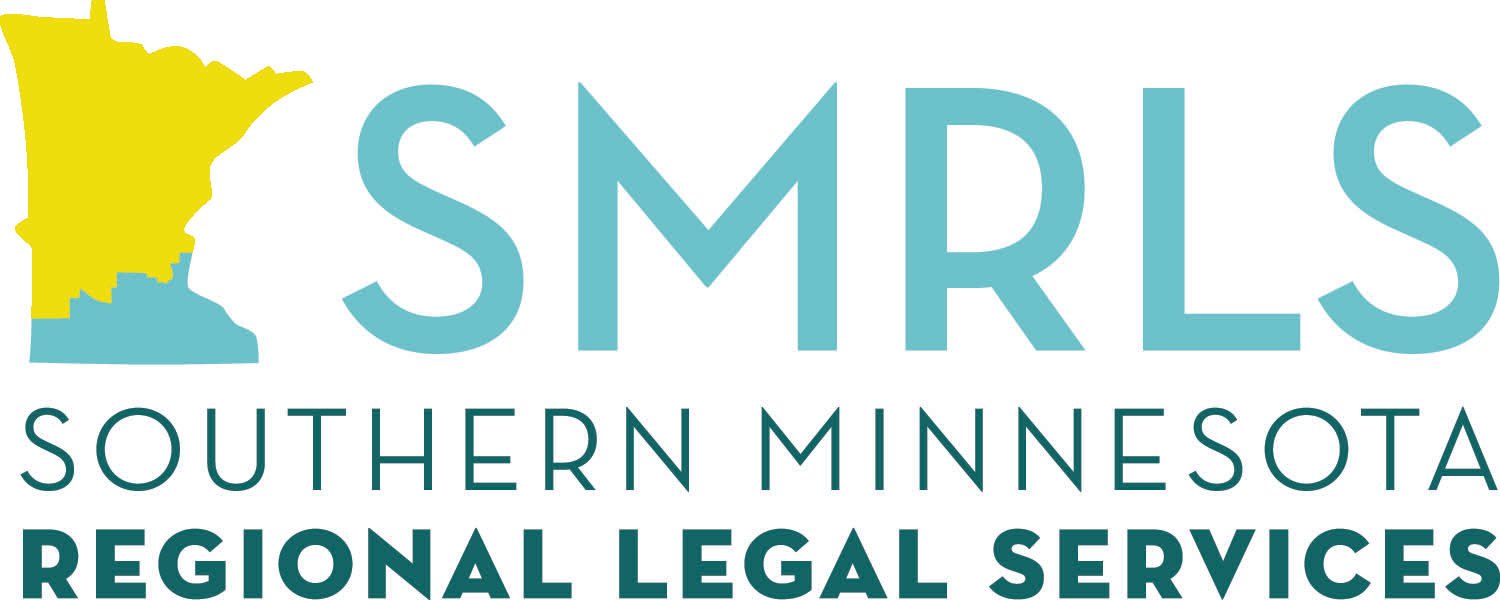
Racial Justice
The Racial Justice Committee is a part of Southern Minnesota Regional Legal Services (SMRLS) and serves to welcome all clients, encourages and supports a diverse staff, and advocates effectively to eliminate barriers for persons of color and to ensure their equal access to and fair treatment by SMRLS and the legal system.
SMRLS Racial Justice Policy
Racism creates barriers to justice and compounds all of the other barriers that SMRLS' clients face. Therefore, we intentionally commit ourselves to creating an organization based on racial justice that:
welcomes all clients
encourages and supports a diverse staff, and
advocates effectively to eliminate barriers for persons of color, and to ensure their equal access to, and fair treatment by, SMRLS and the legal system.
We recognize that our clients are unique individuals with complex legal needs. We will partner with community organizations to educate SMRLS staff and volunteer attorneys about our clients' various cultures and ethnicities. We will respect each client's cultural, racial and ethnic identity.
We will examine SMRLS' policies, practices and environment to identify and eliminate barriers for persons of color and diverse cultures, including non-English speakers. We will focus program resources to fairly meet the needs of all of our clients and to welcome and retain a diverse staff.
We will work to eliminate racism within SMRLS, the legal system and the broader community. We recognize that silence in the face of racism is collusion with racism. We will carry our commitment to end racism into our personal and professional lives. We will promote the importance of anti-racism work and recognize it as an ongoing, transformative process.
To do this we will take a proactive and intentional approach to understanding racism and the impact racism has on us, our clients, our communities and the legal system.
Anti- Racism Committee Charge
The committee's charge is to help SMRLS move along the continuum of becoming an anti-racist organization by:
Recommending a SMRLS anti-racism policy to senior leadership and the board of directors;
Developing a method to monitor and report on SMRLS activities challenging racism in the wider community;
Locating training opportunities for staff so that everyone in the program can attend at least one training per year that will help move this initiative forward.

 LEAVE SITE
LEAVE SITE